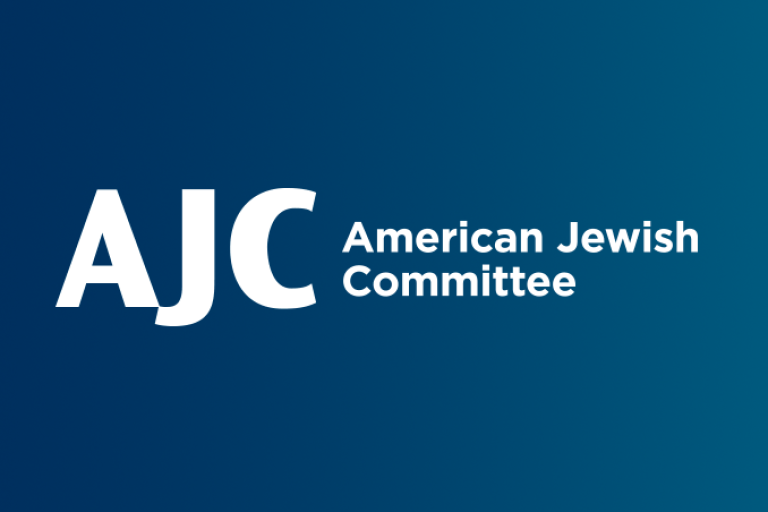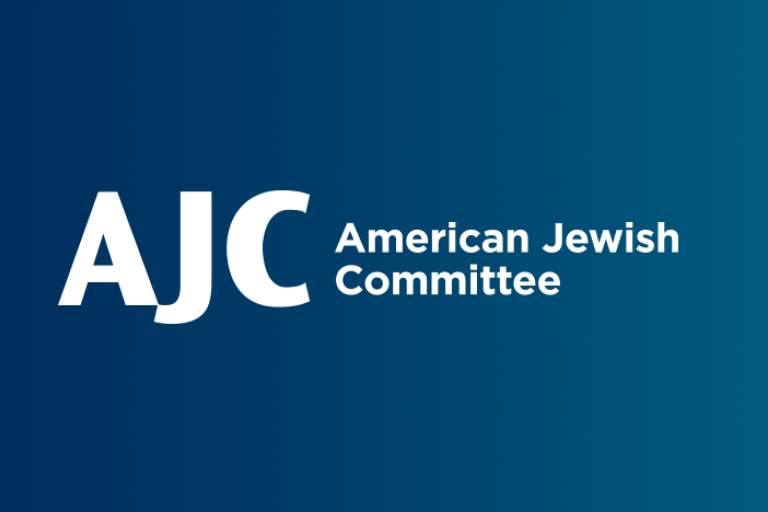December 23, 2020 — Detroit, Michigan
This piece originally appeared in Detroit Free Press.
By Rabbi Asher Lopatin and Lauren Herrin
Hate is ever present in our society. We have all seen it on television, social media, flyers and banners, as well as through abhorrent actions such as assault and murder. High profile incidents make the news. But many may not realize that these hate-fueled acts are happening far more than we think, and at an increasing pace.
Recently, the FBI released "Hate Crime Statistics, 2019," an annual report of bias-motivated incidents throughout the United States.
The data, submitted by more than 15,500 law enforcement agencies, provides information about the offenses, victims, offenders and locations of hate crime incidents. But since reporting is not mandatory, it is likely that the numbers are actually higher.
This year’s report is especially worrying to American Jews.
Of the 1,715 religious-based incidents, 60.2% targeted Jews, who make up less than 2% of the country’s population. This is four-and-a-half times more than hate crimes committed against the next most-targeted community, those of the Muslim faith, at 13.2%. The report also showed that hate incidents targeting Jews were up 14% compared to the prior year.
Of the total incidents reported in the category, 51 occurred in Michigan and, thankfully, were nonviolent. While this number may seem relatively low, it is five times more than we would expect based on the percentage of Jews who live in Michigan, 1% of the state’s population.
The FBI data may not be shocking to some. As Jews, we have watched in horror as marchers with tiki torches spewed hate in Charlottesville in 2017. We wept upon learning of the senseless massacres in Pittsburgh in 2018, and in Poway, Calif.; Jersey City, New Jersey; and Monsey, New York, in 2019.
In Michigan, Jews have seen hateful flyers posted on the gates of cemeteries and in local cities. Last year, a Nazi flag was found flying at an elementary school in Battle Creek.
As the FBI’s statistics bear out, antisemitism is thriving.
On the second commemoration of the Tree of Life shooting in late October, American Jewish Committee, of which our organization, Jewish Community Relations Council/AJC, is a regional office, issued its State of Antisemitism in America 2020: Survey of American Jews and Survey of the General Public. Among its many other findings, 88% of Jews found antisemitism to be a problem in the United States today, but only 62% of the general public agreed. More awareness and education are necessary.
What can we do to curb these frightening numbers against not only Jews, but all groups facing hate?
The first step is to report hate crimes. Make the proper authorities — police, FBI and community organizations — aware. This will help not only catch the perpetrator, but also will help keep such incidents from happening in the future by making sure they are properly listed as acts of hate.
Second, specifically regarding acts of hate against Jews and the Jewish community, is to better understand what antisemitism means. JCRC/AJC, along with other organizations across the country and around the world, are working with local, state and national bodies to recognize the International Holocaust Remembrance Alliance Working Definition of Antisemitism, which includes important illustrations of how antisemitism manifests.
Next, advocate against hate by urging the U.S. Senate to pass the Jabara-Heyer National Opposition to Hate, Assaults and Threats to Equality, or NO HATE, Act before the approaching end of this congressional session.
This legislation will, among other things, incentivize state and local law enforcement authorities to improve hate crime reporting by making grants available for resources such as reporting hotlines and law enforcement training. Please become a voice against hate, and feel free to contact JCRC/AJC with your own ideas on how to fight this growing scourge in our community.
Finally, come together in alliances with different communities to hear each other’s experiences with hate and discrimination. This will help your understanding of your ally’s particular fear of the hate they are experiencing, such as antisemitism.
If everyone works together, perhaps the numbers reported for 2021 and beyond will show a downward trend.
Asher Lopatin is the Executive Director of the Jewish Community Relations Council/AJC. Lauren Herrin is JCRC/AJC assistant director.


